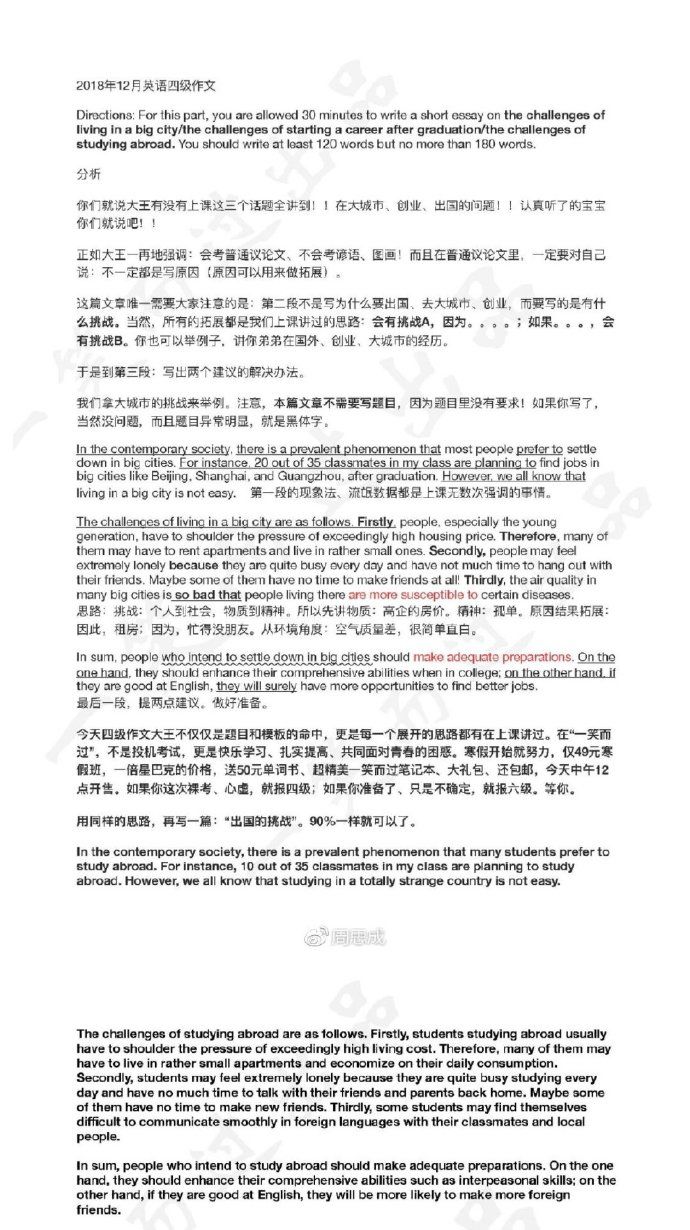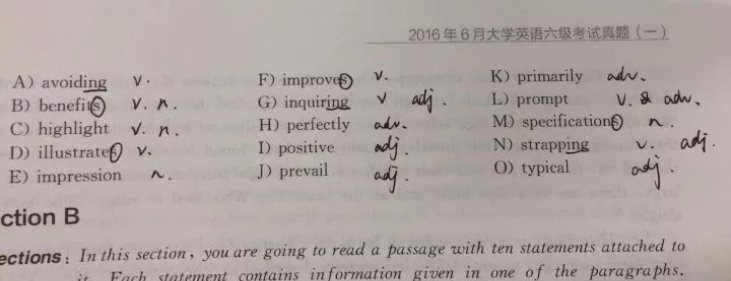EnergyaidholdsupSix-Partytalks
|
U.S. Assistant Secretary of State and chief negotiator Christopher Hill answers a question after visiting the National Arts Museum of China during a break from the six-party talks in Beijing February 11, 2007. Hill said on Sunday it was time to wrap things up and reach a resolution but South Korean and Japanese delegates held out little hope. The Six-Party Talks on the Korean Peninsula nuclear issue spilled over into a fifth day today with the sides still divided over energy aid to the Democratic People's Republic of Korea (DPRK) in return for first steps to abandon its nuclear program. Besides a series of one-on-one meetings, chief negotiators met together yesterday afternoon to narrow their differences on a Chinese draft action plan, which involves the moves the DPRK will take to abandon its nuclear program in return for economic aid and security guarantees. The draft reportedly proposes halting work within two months at nuclear sites in the DPRK, including the Yongbyon reactor, and supplying Pyongyang with alternative energy sources. Media reports suggested discord on the compensation has cast a shadow over hopes that the six-nation talks could produce a swift agreement on implementing the joint statement of September 19, 2005. Under the statement, Pyongyang agreed to give up its nuclear program in exchange for economic aid and security guarantees. However, US Assistant Secretary of State Christopher Hill, who is also the chief US negotiator, said the current situation is a "good sign". "When you work on some issue, some other issue pops up. Nothing else has popped up and it's just one issue, so it's a good sign," Hill told the media, adding that China works hard "at critical moments". Hill said he had a bilateral meeting with Kim Kye-gwan, the top DPRK negotiator, yesterday morning, and "the US side is waiting for the DPRK's response". Pyongyang reportedly wants a supply of heavy fuel oil, the lifting of a freeze on DPRK accounts at a Macao bank, and an international commitment to build nuclear reactors for civilian use in return for a freeze of its nuclear facilities in Yongbyon. In addition, it demands normalization of relations with Washington. "The DPRK is demanding too much on the compensation issue. It will be difficult to reach an agreement if it does not reconsider its demand," Japanese negotiator Kenichiro Sasae said. The current situation remains "severe", and the signs are "not optimistic" for an agreement to be reached, Sasae said. Republic of Korea chief negotiator Chun Yung-woo said it's "unreasonable" to expect a breakthrough as there will be further consultations. The current problem is not about the "scale" of the economic aid to the DPRK, but what actions the DPRK will take to denuclearize, said Chun. Qin Gang, spokesman for the Chinese delegation, told a press conference on Saturday evening that the consensus was closer and differences were being narrowed among the six parties. |








